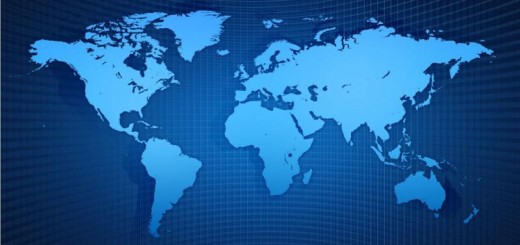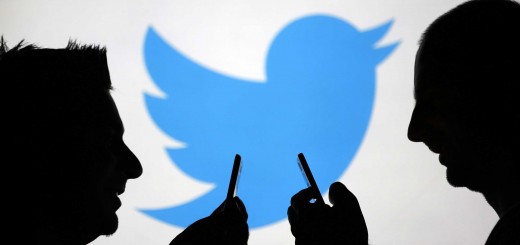Marketing lessons in the Philippines from Unilever, McDonald’s
One of the fastest growing markets in the region, the Philippines, is attracting all the right remarks –excellent market, upside in market development, consumer growth trends that only spell opportunity for some more growth. As the Philippines growth story develops, a parallel story is unfolding around the marketing strategies that will engage Pinoys in a digital age?
Unilever’s ‘glocal’ learnings
Some of the most interesting learnings on this come from Unilever that has been present in the market for 88 years now. Unilever describes itself as essentially, a local company that was faced with the challenge of taking a portfolio of global brands and making it local. According to Rohit Jawa, Chairman & CEO, Unilever Philippines, at present, Unilever brands take the number one or number two spot in around 80 per cent of the categories that it competes in.
“These are global brands but the fact is that there are no global consumers,” commented Mr Jawa, reiterating that from a brand viewpoint, resonating with Pinoys at a local level was paramount. Unilever’s philosophy of ‘crafting brands for life’, that it developed and rolled out in several markets nearly four years ago, offered a solution here.
The three notions that connect the science and the art in building brands begin with putting people first. Building brand love and finally unlocking the magic complete the equation. Unilever exercised this, with a ‘Filipino’ filter to it. “We focused on what drives consumers in Philippines forward. We initiated the SWAG series (stuff we all get) – a way to understand people as people, by the people working in the company,” Mr Jawa explained.
In addition to understanding people as people, and what makes a difference to them as mothers, teenagers and so on, Unilever created a bank of actionable insights, taking the ‘little truths’ and turning them into ideas.
While building brand love was about human truth, product truth and finally brand purpose, for unlocking the magic, relevance was an important aspect. “Understanding the context in which consumers consume content, and moving to channel-first thinking was crucial to achieve this,” Mr Jawa pointed out. ‘Talkability’ was another piece of the puzzle as the attention economy continued to be a big issue for the consumers in the Philippines too.
“It is true for all developing markets that most consumers are engaging three screens at once. Mobile or digital are not niche. Around 45 per cent of Pinoys use smartphones, and this number will only increase leading to a place where digital will be ‘the’ medium and boundaries will merge,” Mr Jawa summed up.
McDonald’s: Of building a mobile centric business
Margot Torres, VP Marketing, McDonald’s Philippines describes digital as a business imperative. And McDonald’s marketing journey in the market began with that mindset. As digital evolved, eventually, growing a mobile-centric business was one of the company’s key objectives.
In this direction, according to Ms Torres, McDonald’s incorporated mobile as a key business strategy in 2012. “Not just marketing but also business,” reiterated Ms Torres.
She listed out five principles that could help succeed in a mobile world, the first being the commitment to stay relevant. The second was the mobile-first mindset. “There are many ways to describe mobile first but for me, the first device you access when you wake up, is being mobile first,” Ms Torres quipped.
The other points she pointed out were mobile being a marketer’s best tool, commitment to learn that required to build proof of concept and engaging will fellow believers.
Thinking like startups
Mr Jawa and Ms Torres were speaking at the Festival of Media Asia in Singapore. Bringing an agency viewpoint to the discussion, Arthur Policarpio, Head of Mobext from the Havas Media Group, who is also the agency partnering McDonald’s for its mobile marketing initiatives in the Philippines, business advised that agencies should start thinking like start-ups and less like an agency. He said, “There is no book or manual on mobile marketing and we have to build it in most cases. But mobile is not just a medium. It transforms businesses.”
Mr Policarpio called for building the next generation mobile business, stating that agencies should create products and not campaigns, and create products that carry long term value for business.
With inputs from Pooja Verma.



